In November 332 BC, the people of Ancient Egypt welcomed a 24-year-old military invader into their most sacred place, the Oracle of Siwa Oasis. There, they crowned him with the great double-crown, reserved only for Pharaohs, and declared him the Son of their chief god, Amun.
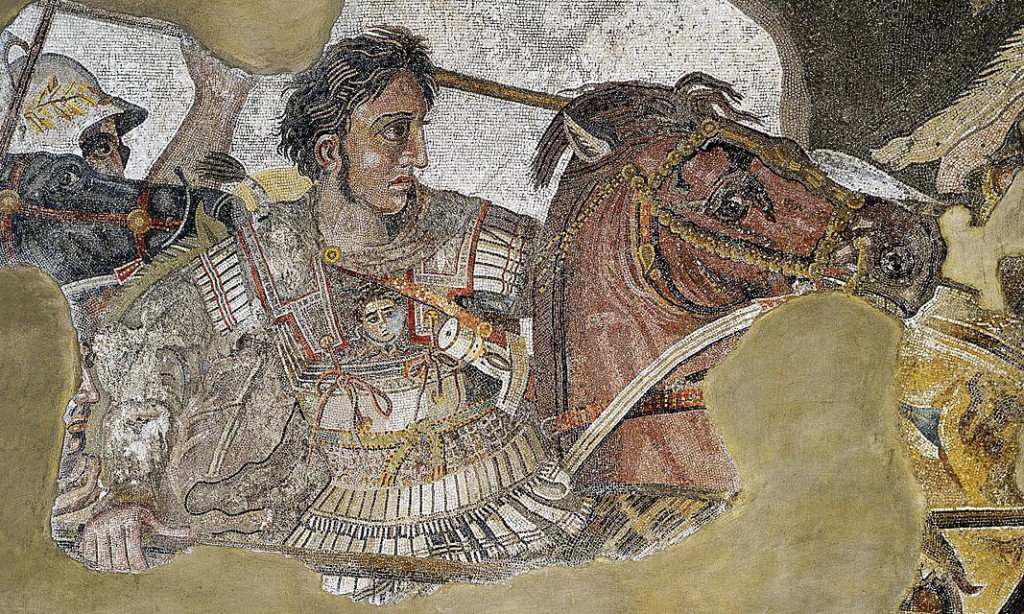
Traditionally, this title was reserved only for the Pharaohs. Ancient Egyptians worshiped their rulers as the incarnation of Amun. They believed that Pharaoh had the power to control the rise and the fall of the Nile River — an essential source of crop irrigation.
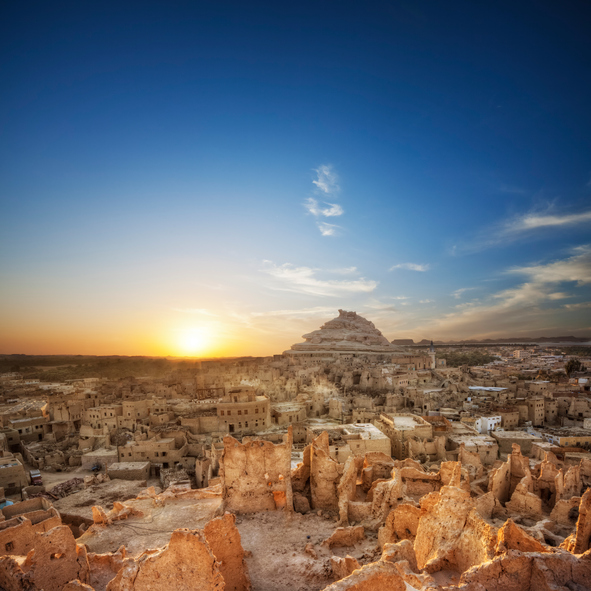
This religious belief was a cornerstone of Egyptian culture, and they considered it the foundation of their economic prosperity. So, how did a 24-year-old foreigner become worthy of a title reserved only for Pharaoh?
His name was “Alexander the Great,” and his conquest had just freed the Egyptians from 100 years of brutal oppression at the hands of the Persian Empire. Even before his arrival, the people of Egypt regarded him as their deliverer from Persian oppression.
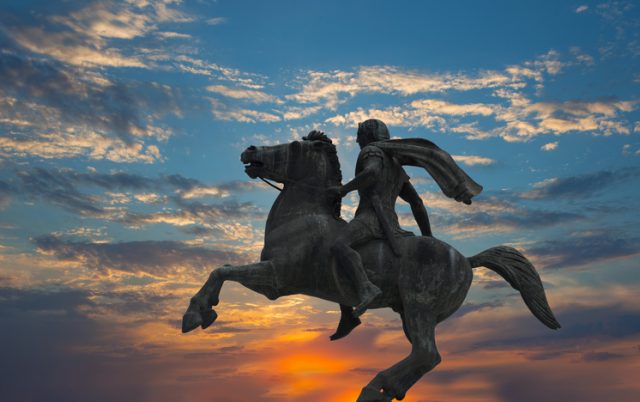
Alexander had a reputation for being one of the most powerful conquerors in the world. Yet, after taking Egypt, he showed himself to be a much different ruler than the Persians. Realizing that he was outmatched by Alexander’s armies and hated by the Egyptian people, Mazaces, the Persian satrap, quickly surrendered.
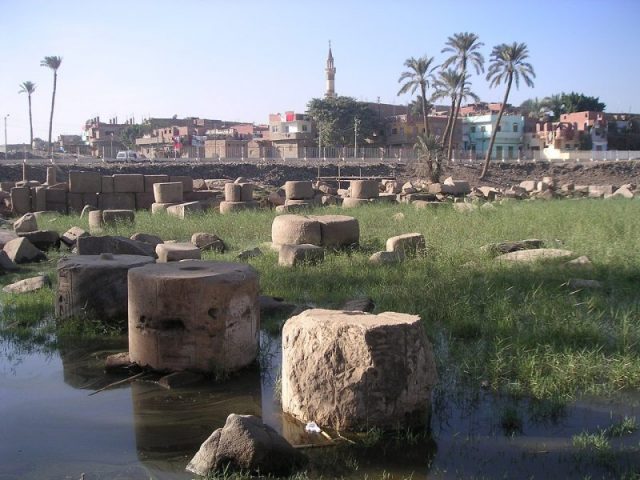
Alexander then entered the capital city of Memphis, where he offered a sacrificial bull to Amun – a god whom Ancient Egyptians regarded as “The King of the Gods.” Alexander acknowledged the native religion and encouraged them to keep practicing it. This was not a courtesy the Persians had offered.
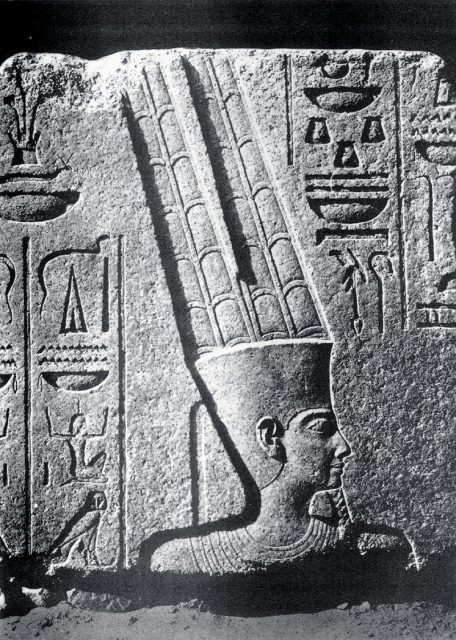
Alexander spent all winter setting up a government in Egypt. First, he claimed to have prayed to Egypt’s gods for guidance, but he kept the answer to his prayers to himself. He then restored political power to the natives by appointing Egyptian governors, but he wisely kept Egypt’s armies under Macedonian command.

He then founded the historic city of Alexandria. The great city sat between the Lake of Mareotis and the Mediterranean Sea and would later become the home of the famous Alexandrian Library. Travelers would come from all over the world to read and study the wisdom in writings collected and stored there.
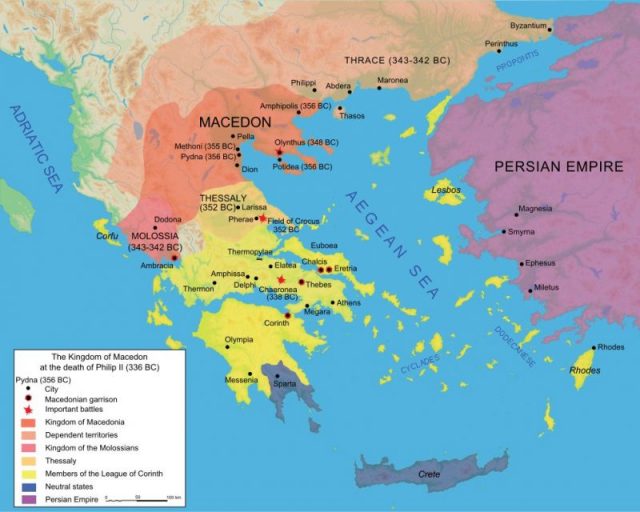
Alexander’s conquest of Egyptians marked the end of his campaign across the eastern Mediterranean coast. According to the great historian, Alexander wept when he realized that there were “no more worlds to conquer.” Some historians claim that Alexander became depressed and fell into alcoholism — a sickness which would eventually contribute to his death.
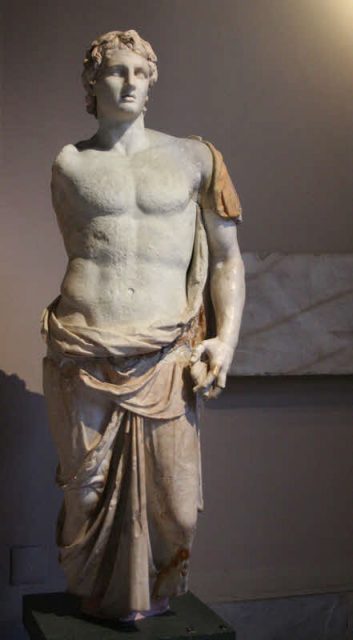
Still, his reputation as a literal god-like figure continued to grow. Just two years before invading Egypt, Alexander was believed by many under his command to be a demigod, the son of the great Achilles.
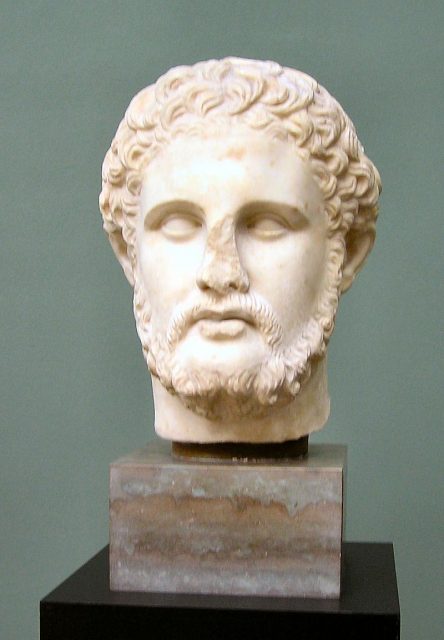
As his fame grew, Alexander slowly became convinced that his earthly father, King Philip II, was not his true progenitor. Instead, he came to believe that he was the son of the Greek god Zeus.
Read another story from us: A Taste of History: Cheesecake in the Ancient World
This belief gave Alexander, and many of his subjects, the idea that he was divinely appointed to rule over others. His reign continued until his death at age 32. The empire he had established in Egypt lasted nearly 700 years.
